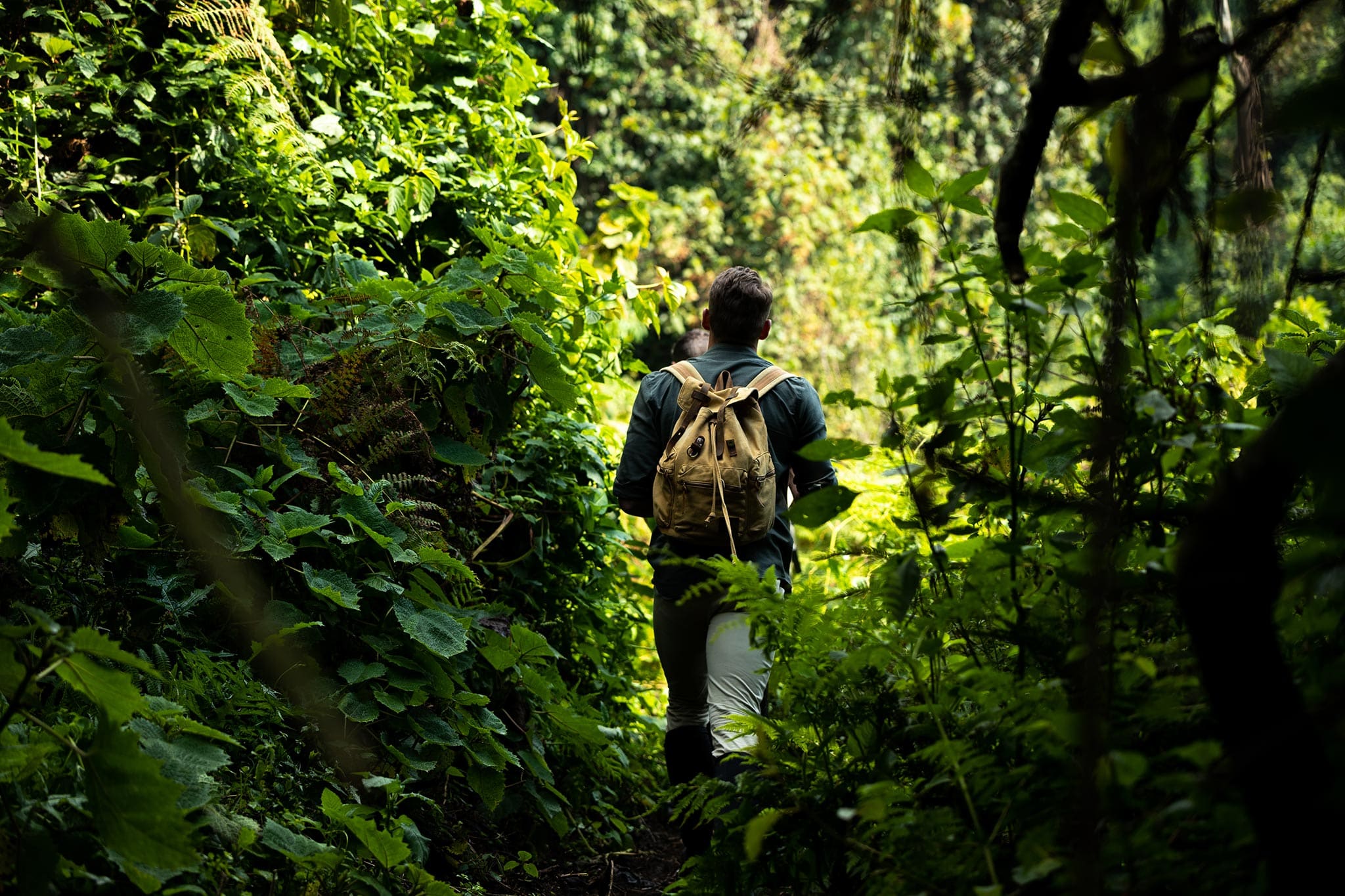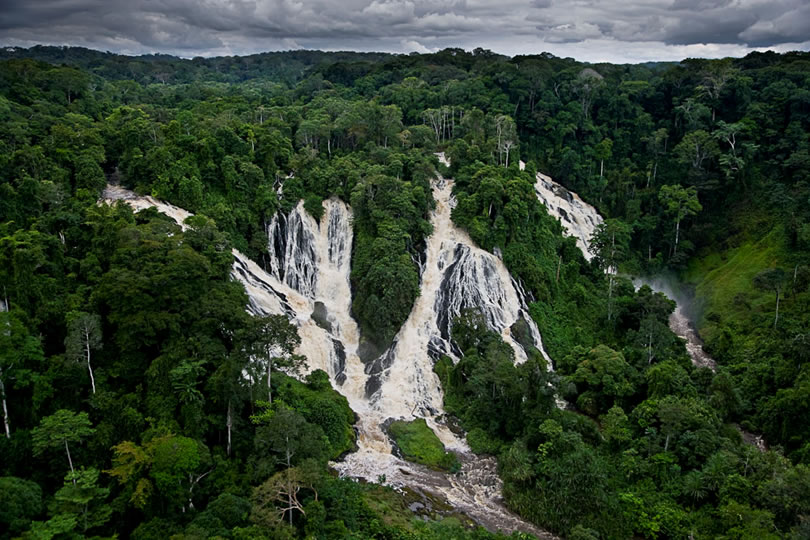Ecotourism, also known as sustainable tourism, has emerged as a responsible and environmentally conscious way of exploring the natural beauty and diverse ecosystems of Africa. With its vast landscapes, rich biodiversity, and vibrant cultures, Africa offers a unique opportunity for travelers to engage in ecotourism practices that not only benefit local communities and wildlife but also help protect the environment for future generations.
Africa is home to some of the world's most iconic natural wonders, including the Serengeti National Park in Tanzania, the Okavango Delta in Botswana, and the Maasai Mara in Kenya. These pristine wilderness areas are not only a treasure trove of biodiversity but also serve as important habitats for endangered species such as elephants, lions, and rhinos. By promoting responsible ecotourism practices, travelers can contribute to the conservation efforts aimed at preserving these fragile ecosystems and ensuring the long-term sustainability of Africa's natural heritage.
One of the key principles of ecotourism is minimizing the negative impacts of tourism on the environment and local communities. This can be achieved through a variety of sustainable travel practices, such as staying in eco-friendly accommodations, supporting local conservation projects, and practicing responsible wildlife viewing. For example, choosing lodges and camps that are powered by renewable energy, reduce water consumption, and minimize waste can help reduce the carbon footprint of your trip and support sustainable tourism initiatives.

In addition, engaging in activities that promote environmental awareness and conservation education can help travelers develop a deeper appreciation for Africa's natural wonders and biodiversity. Many ecotourism operators in Africa offer guided tours led by knowledgeable guides who share insights about the local ecosystems, wildlife behavior, and conservation challenges facing the region. By learning about the importance of preserving Africa's natural heritage and how individual actions can make a difference, travelers can become advocates for sustainable tourism practices in their own communities.
Supporting local communities is another important aspect of ecotourism in Africa. Many rural communities in Africa rely on tourism as a source of income and livelihood, and by choosing to spend your travel dollars with local businesses and artisans, you can help support sustainable development initiatives that empower local residents and preserve traditional cultures. By shopping at local markets, dining at family-owned restaurants, and participating in community-based tourism activities, travelers can create positive economic opportunities for marginalized communities and foster cross-cultural understanding and appreciation.
Furthermore, wildlife conservation is a critical component of ecotourism in Africa, where many iconic species are facing increasing threats from habitat loss, poaching, and human-wildlife conflict. Travelers can play a role in supporting wildlife conservation efforts by visiting national parks and reserves that prioritize the protection of endangered species, such as anti-poaching patrols, community conservation programs, and wildlife rehabilitation centers. By choosing responsible tour operators and guides who adhere to ethical wildlife viewing practices, travelers can help ensure that their interactions with wildlife are respectful and non-intrusive.

In conclusion, ecotourism in Africa offers travelers a unique opportunity to experience the continent's natural beauty and cultural diversity while making a positive impact on the environment and local communities. By embracing sustainable travel practices, supporting wildlife conservation initiatives, and engaging in meaningful cultural exchanges, travelers can contribute to the preservation of Africa's natural heritage and help create a more sustainable future for generations to come.
Whether you are exploring the savannas of Kenya, trekking through the rainforests of Uganda, or cruising along the rivers of Botswana, remember that every choice you make as a traveler has the power to make a difference in protecting Africa's precious ecosystems and wildlife. Choose ecotourism, choose sustainability, and choose to be a responsible steward of Africa's natural wonders.